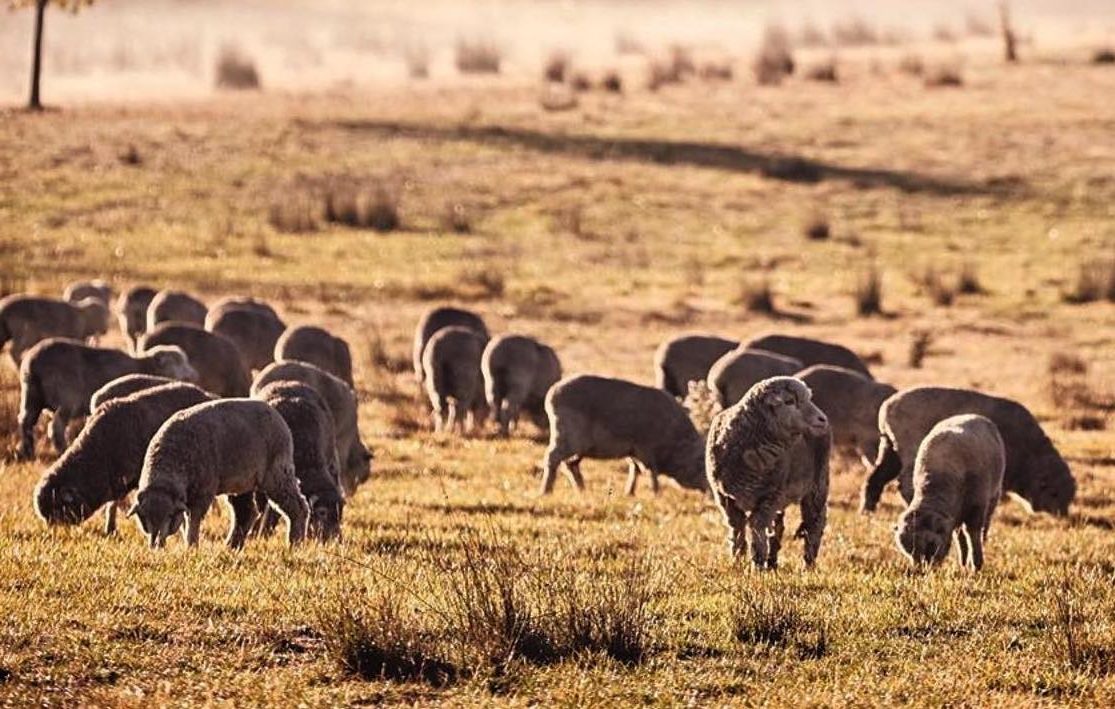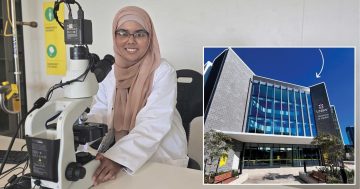
The first national rural crime survey in 20 years will shortly get underway, as part of wider efforts to protect livestock. Photo: Supplied.
Farmers across Australia are set to be asked about their experiences of rural crimes like livestock theft in the first national rural crime survey to be completed in over 20 years.
The survey, being run by the University of New England’s Centre for Rural Criminology, is expected to be sent out by the end of May to primary producers around the country, building on existing state-level surveys that already run in New South Wales, Victoria and Queensland.
UNE’s Centre for Rural Criminology co-director Dr Kyle Mulrooney, who has previously managed the NSW rural crime survey, has been leading the national project, and he said the final questionnaire was almost ready to be released.
Dr Mulrooney said the centre would be sending it out through a raft of groups such as the National Farmers Federation, in a bid to get as many primary producers to provide details of the types of crime they have experienced, the way they respond to such crimes and how they try to prevent them.
The centre has also been working closely with the NSW Police Rural Crime Prevention Team as well as other law enforcement agencies.
Dr Mulrooney said the symbiotic relationship helped police by providing more information about rural crimes, while police helped the researchers with on-the-ground experience in dealing with such crimes.
He said the experience of the NSW survey had shown that often farmers are reticent to report rural crimes for a raft of reasons, but the top three were a lack of confidence that anything would actually be done, a feeling of shame that producers felt they were responsible for allowing it to happen, and the “fear of reprisal”.
“The lack of confidence is a concern, as often days, weeks, even months can go by before a farmer realises they have had stock in particular stolen, and given the amount of time that may have elapsed, it makes it much harder for police to investigate,” he said.
Dr Mulrooney also said that given the small, close-knit nature of many farming communities, producers were often concerned that in reporting that a crime had occurred on their land, they may personally know those responsible, raising concerns about potential reprisals.
He said the NSW survey had also found as many as 60% of respondents had experienced some form of victimisation or rural crime, but it was estimated only three-quarters of crimes were reported, and for stock thefts that figure dropped to about half of all thefts.
The survey, he said, would not only be asking producers about common instances of livestock theft – such as the recent theft of around 300 ewes from a property near Wagga Wagga – but ‘victimisation’ including everything from illegal hunting and aquaculture to theft of machinery, trespass and break and enter.
Dr Mulrooney also said that despite it being some 20 years since the last national rural crime survey had been completed, he believed it should be a project conducted about every five years to keep up to date on trends and, in turn, help improve rural crime prevention efforts.
While he said the survey would be invaluable for rural communities and the police that serve them, the university had received no external funding from government or other sources for the project, and it instead was being funded entirely out of the UNE Centre’s existing budget.
But he said since the last survey, which was mainly conducted by sending out paper surveys and awaiting the responses, advances in technology and increases in both the availability and use of the internet by farmers meant the new project would be much cheaper and more efficient.
It is part of the centre’s broader work researching rural crime in Australia and abroad, with Dr Mulrooney’s colleagues also currently working on an international rural crime survey with researchers as far afield as Brazil, Sweden, Canada and the US.
Dr Mulrooney said once finalised, the Australian survey would be undertaken this year, with preliminary results potentially ready by the end of the year, and the complete data expected to be analysed and released in 2024.
He also said while the centre was capitalising on the existing farmers federations and similar primary production networks, any producers keen to know more about the survey were welcome to contact the centre directly.
Original Article published by Daniel Burdon on Region Riverina.








